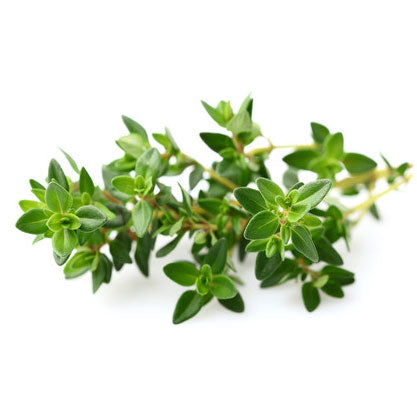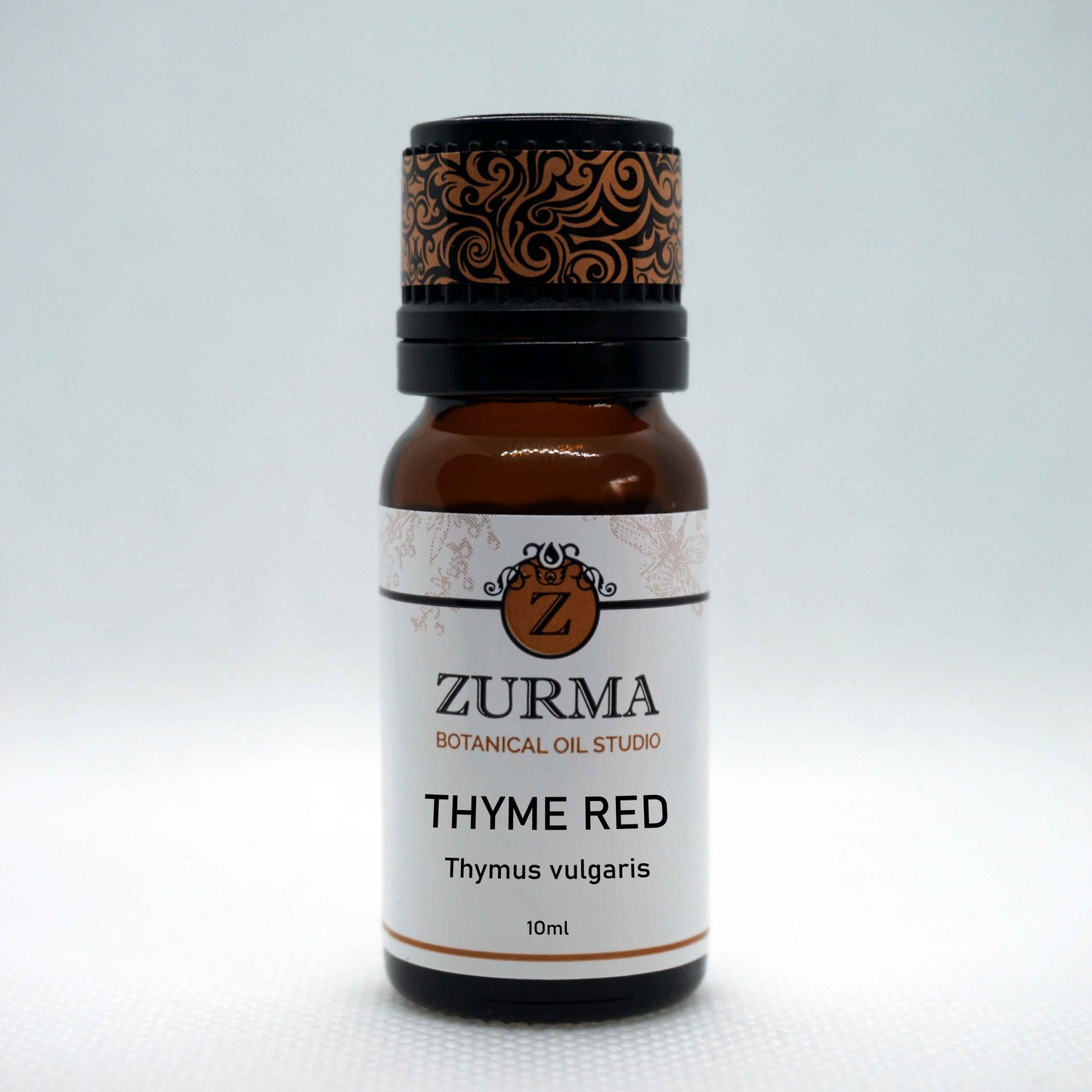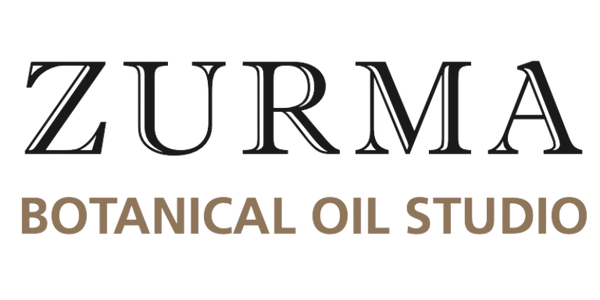Thyme Red Essential Oil
Thyme Red Essential Oil
Couldn't load pickup availability
Thyme Red essential oil has a warm, spicy-herbaceous, yet powerful aroma.
Since it is high in phenol it needs to be used with care as it will cause skin irritation.
Red Thyme oil is used to help relieve and treat problems like gout, cellulitis, Poor circulation, arthritis, sprains, sport injuries as well as infections like athlete's foot and abscess.
The oil can be used to help stimulate the mind, strengthen memory and concentration.
All Thyme's in general are very strong essential oils; and must be used diluted and in low dose.
Red Thyme is much harsher than White Thyme and must be used with care and in extra low dose.
Botanical Name: Thymus vulgaris
Method Of Extraction: Steam Distillation
Part Typically Used: Herb
Country of Origin: Spain
Typical Main Constituents
Thymol - 43%
Cymene <para> - 19%
Carvacrol - 8%
Caryophyllene <trans> - 3%
Linalool - 3%
Geraniol - 2%
1,8-Cineole - 2%
g-Terpinene - 2%
Description: Red brown or orange oil has a warm, spicy-herbaceous, powerful aroma.
Action: Antiseptic, Antispasmodic, Anthelmintic, Analgesic, Antitoxic, Antiviral, Antimicrobial, Astringent, Carminative, Diuretic, Emmenagogue, Expectorant, Parasiticide, Tonic, Stimulant for Immune & Circulatory systems, Rubefacient, Hypotensive, Vermifuge, Cicatrizant Nervine.
Special use: Stimulating and warming. Strong Immune Stimulate and Anti-microbial. Thyme oil, Red, ct. thymol, from Spain has been known to crystalize because of its high thymol content. This is not unheard of with essential oils. We advises using a hot water bath to restore the material to a liquid state.
Blends Well With: Bergamot, Rosemary, Lemon, Melissa, Lavender, Pine, Marjoram.
Safety Data: High in toxic phenols, Strong skin irritant- Do not use in high dose and do not use neat!
Tisserand & Young (2014) recommend that it be diluted to a maximum of 1.3% before being used on the skin. Avoid during pregnancy. Avoid use with high blood pressure. Use in low doses.
Aromatherapy / Home Use
Skin Care: Abscess, Acne, Bruises, Fungal skin infections, Oral infections, Eczema, Dermatitis, Ticks & Scabies insect bites.
Circulation, Muscle & Skeletal system: Arthritis, Rheumatism, Cellulitis, Gout, Muscular aches & pain, Edema, Poor circulation, Obesity.
Immune system: Flu, colds, Chills, Infectious diseases, Typhoid fever, Tonsillitis, Viral colitis, Diphtheria, Food poisoning, Dysentery, Lyme disease, Stimulates Immune response.
Respiratory system: Asthma, bronchitis, Coughs, Laryngitis, Sinusitis, Respiratory infections, Catarrh, Whooping cough.
Digestive system: Diarrhea, Dyspepsia, Flatuence.
Nervous system: Headaches, Insomnia, Nervous debility, Stress related problems.
General Essential Oil Safety Recommendations
- Do not take essential oils internally unless under advisement by a qualified medical professional.
- Do not use essential oils undiluted on the skin. It is always best to try a small patch test first of the diluted essential oil.
- People who are pregnant or have serious medical problems are advised to consult with a qualified aromatherapy practitioner before using essential oils.
- Use extreme caution when using essential oils with children. It is safest to consult with a qualified aromatherapy practitioner before using essential oils with children.
General Disclaimer
The product information provided on this website is intended for educational purposes only. The information provided is not considered to be complete and is not guaranteed to be accurate. The information contained in this website is not intended to be sufficient to provide diagnosis and/or treatment of medical conditions. It is recommended that treatment of serious health conditions be done with the help of a trained qualified medical practitioner.
Share


To ensure our essential oils are not diluted to adulterated, Zurma Essential Oils undergo rigorous testing, including Certificate of Analysis (COA) and Gas Chromatography-Mass Spectrometry (GCMS) analysis. This meticulous testing process guarantees the purity, potency, and authenticity of our oils.


